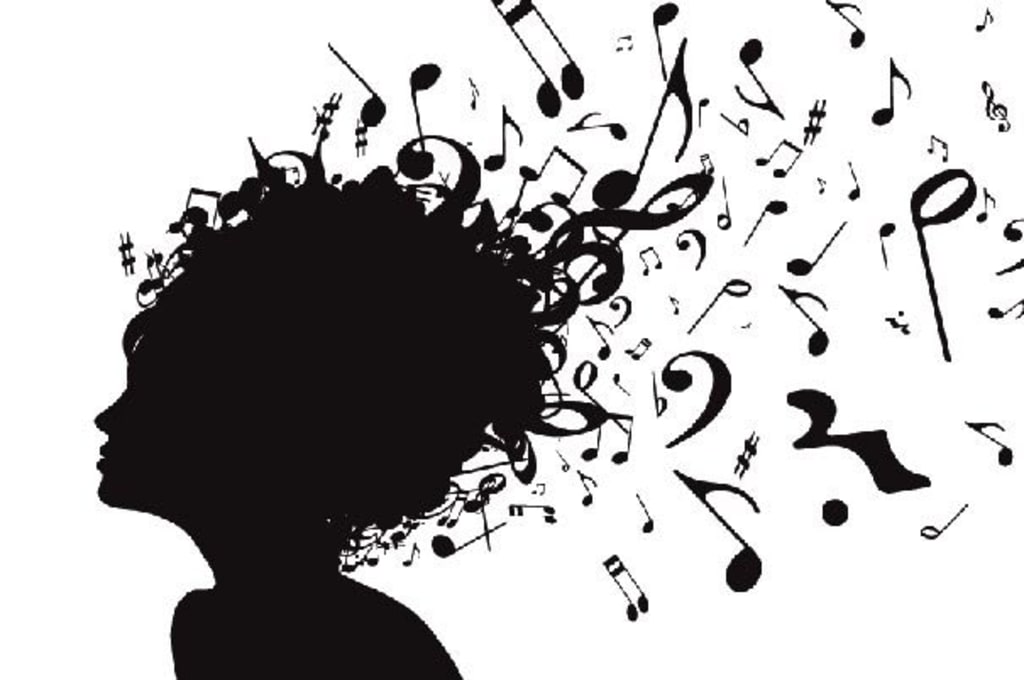
Artistic music is a source of entertainment, joy and happiness that flows in the body of any culture and if used properly, it plays the role of painkiller for body and soul. Listening to music is one of the few activities that involves the whole brain. Much research has been done on the effects of music on humans and various results have been obtained. Some have found music useful, some ineffective, and some harmful. Of course, it must be admitted that not all types of music are good and useful. The sound of music should not be too loud and disturbing and distract us from what we are doing. This article refers to some of the research that has been done on the effects of music on humans. If you really intend to use music to treat or achieve a specific goal, or if you spend a lot of time listening to music, be sure to consult with people who are aware of the effects of music on humans and do more research in this area.
The effects of music on the body
Many studies have proven the effect of music on improving the symptoms of the disease and increasing the speed of recovery during recovery, and today music therapy is one of the most important methods of complementary medicine. Music has a positive effect in treating blood pressure, brain injuries, epilepsy and migraines and can reduce pain.
You must have heard the name of music therapy. Music therapy is one of the branches of alternative medicine that tries to cure human diseases by using music. It is interesting to know that this type of treatment has a long history and even the doctors of ancient Iran had realized the effects of music on humans. Modern scientific research has also proven the positive effect of music in the treatment of human diseases and illnesses.
The effect of music on pain
An article in the English-language journal Advanced Nursing reports that listening to soothing, classical music can reduce chronic pain by up to 21 percent, such as arthritis, lumbar disc herniation and rheumatoid arthritis, and depression by up to 25 percent. Today, music therapy is used in most hospitals to reduce the need for medication during labor and to reduce postoperative pain. There are various theories as to why music has an effect on reducing pain, including:
Music like آهنگ من همونم که برات میمیرم can cause a sudden and unexpected change in a person's emotions.
Music instills a sense of control in the patient.
Music causes the body to release endorphins to overcome pain.
Music creates a feeling of liberation and relaxation by slowing down breathing and heart rate.
music therapy
The effect of music on blood pressure and heart
A study reported by the American Society of Hypertension found that just 30 minutes of listening to classical, Celtic or raga music a day could significantly lower blood pressure.
In another study by British and Italian researchers, six styles of music, including classical and rap pieces, were played with two-minute breaks for young men and women, half of whom were trained in music. Participants were studied for listening rate, heart rate and blood pressure while listening. With live music, their breathing rate and heart rate were faster, and with slow music, their heart rate and respiration rate also slowed down. In the pause between the two pieces, the breathing rate and heart rate were normal or close to the level of the chest. Here it turned out that the style of music has no effect, but the tempo and speed of music that has the greatest impact on relaxation.
Music and brainstorming
In a Finnish study, patients with traumatic brain injury who listened to music for several hours a day had significantly improved verbal memory and attention span than those who did not. In fact, listening to music after a stroke accelerates the process of behavioral improvement and improves fine-grained neuroanatomical neurological changes in the brain. Research also shows that music helps treat unilateral neglect.
Music and migraines
In people with migraines, listening to music reduces the severity, frequency, and duration of headaches.
The effect of music on the immune system
Another effect of music on humans is to strengthen the immune system. Scientists say that music can create a positive emotional experience that increases the level of secretion of hormones that strengthen the immune system. Singing or listening to music lowers cortisol (stress-related) secretion levels. High levels of cortisol can severely reduce the ability of the immune system.
The effect of music on epilepsy
A recent study in 2014 found that listening to Mozart's 448 (Sonata for two pianos in step D) reduced the recurrence of epileptic seizures in children with epilepsy. The antiepileptic effect of Mozart's sonata has already been proven by Thai scientists.
Music and labor pains
Another amazing effect of music on humans is that if you use music therapy during childbirth, anxiety and pain after birth will be reduced and the possibility of postpartum depression will be reduced.
About the Creator
ziba
I love music and sports





Comments
There are no comments for this story
Be the first to respond and start the conversation.